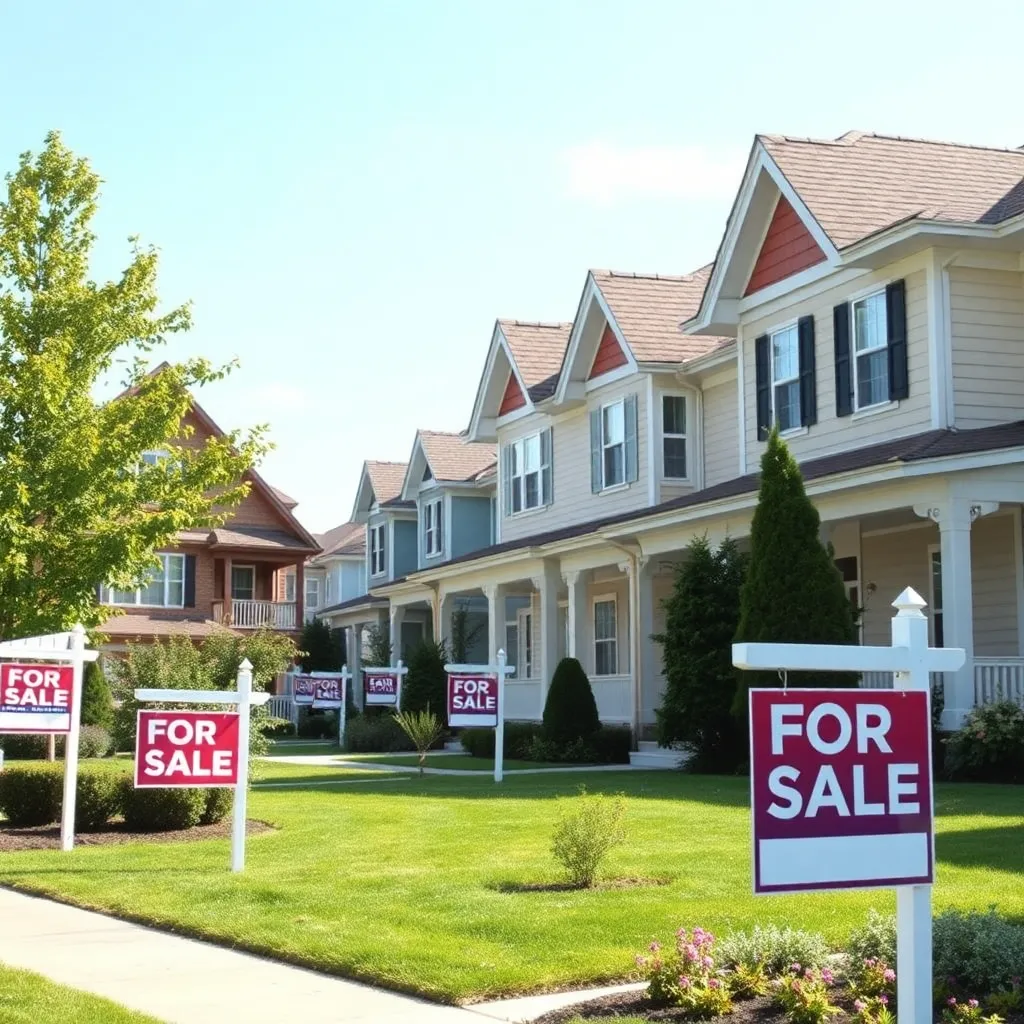Asheville, NC: A Closer Look at Rising Property Taxes
Asheville, North Carolina, is famed for its picturesque mountains, vibrant arts scene, and rich history. However, like many cities across the United States, it faces a pressing concern that affects many homeowners: the rising burden of property taxes.
Property Values and Inflation: A Growing Gap
Recent analysis from Construction Coverage indicates that as property values continue to surge beyond the rate of inflation, homeowners are feeling the pinch more than ever. In Asheville, this trend mirrors what we see in other regions. While property ownership can be a significant investment, it’s becoming increasingly challenging for families and individuals as the costs associated with homeownership spiral upward.
The Bigger Picture: States and Counties Analyzed
The report dives deep into the specifics, offering a breakdown of property tax rates across all 50 states, over 600 cities, and more than 800 counties. This comprehensive analysis sheds light on where homeowners bear the heaviest tax burdens, making it a crucial resource for anyone looking to understand how Asheville fits into this larger national narrative.
Asheville’s Tax Landscape
For those of us living in Asheville, the recent findings provide some eye-opening insights. Homeowners in this city are increasingly feeling the weight of local property taxes. Factors contributing to this rise include not only escalating home values but also municipal budgets that require funding for public services, schools, and infrastructure improvements. It’s a balancing act that local governments must manage, and unfortunately, homeowners often bear the brunt of these financial decisions.
Comparative Analysis: How Does Asheville Stack Up?
When comparing Asheville’s property tax rates to neighboring counties and cities, the report reveals a mixed picture. While some areas may have lower rates, others are catching up quickly. This situation makes it essential for Asheville residents to stay informed about the local tax landscape as it can significantly impact budgets for families striving to make ends meet.
The Impact on Homeowners
The consequences of rising property taxes can be daunting. More money allocated to property taxes often means less disposable income for families. Whether it’s saving for a child’s education, planning for retirement, or simply enjoying life’s little pleasures, homeowners might feel as though they are caught in a relentless cycle. The rising cost of living, combined with increased property taxes, forces families to make tough decisions, and some may even consider moving to more tax-friendly areas.
Possible Solutions and Community Dialogue
As this issue continues to unfold, it’s vital for community members to engage in respectful discussions about potential solutions. What can be done to ease the financial burden on homeowners? Would changes to property tax assessment methods make a difference? Could local governments consider alternative funding sources for essential services instead of relying heavily on property taxes?
Staying Informed
Understanding the implications of rising property taxes is crucial for current and prospective homeowners alike. By staying informed and involved with community discussions, residents can better navigate the challenges posed by fluctuating property values and tax rates.
Final Thoughts
As more information emerges about property taxes and their effects on Asheville’s community, it’s clear this topic will remain at the forefront of local conversations. Whether you’re a longtime resident or a newcomer to the area, being well-informed will empower you to make the best decisions for your financial future.
While the rising property tax landscape poses challenges, a unified community that collaborates towards finding solutions can help ensure that Asheville remains an appealing place to call home.







